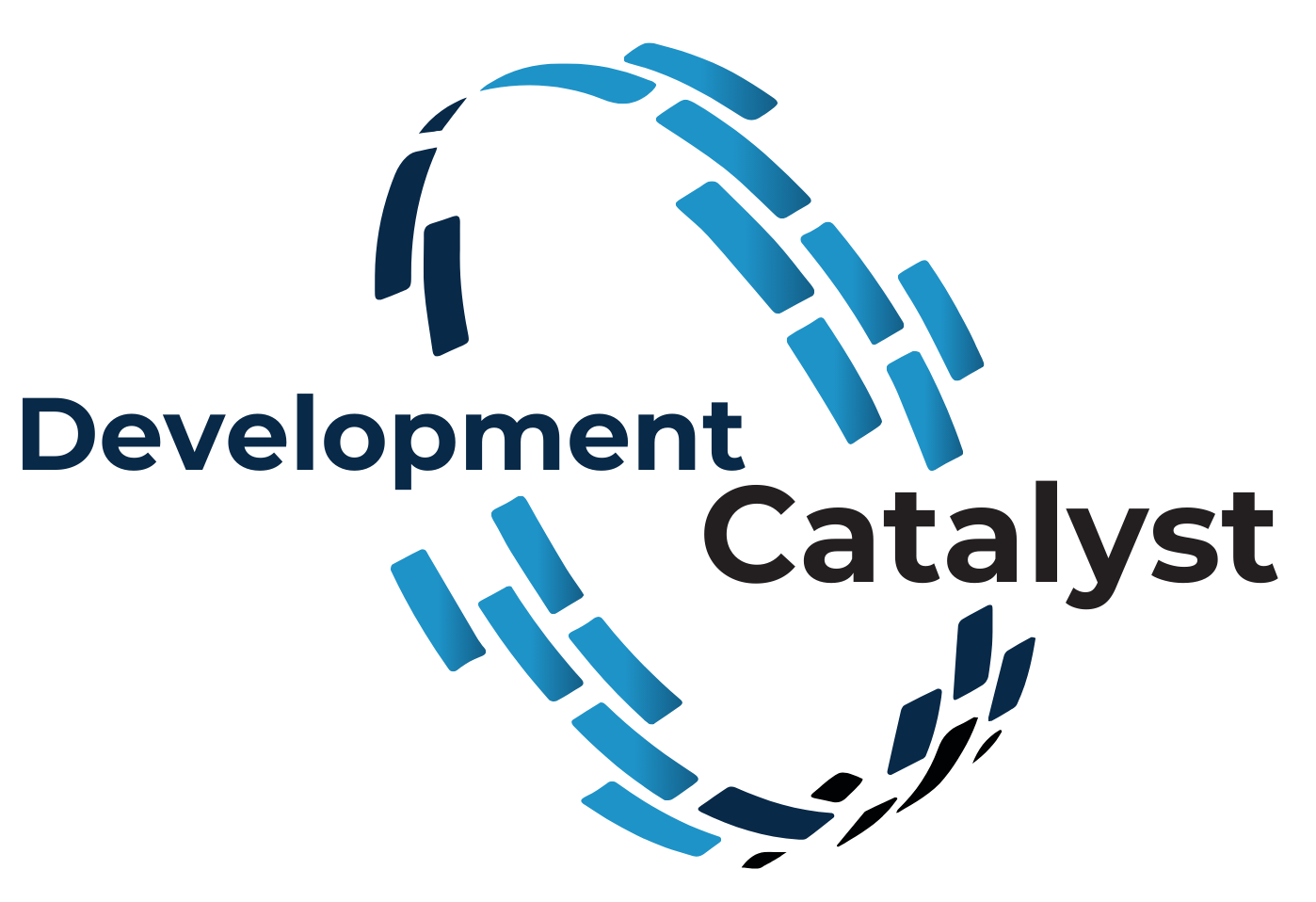Why Citizen Participation in Policy Matters

Policy decisions shape nearly every aspect of our lives—from healthcare and education to economic opportunities and security. Yet, for many citizens, policy formulation feels like a closed-door process, dominated by political elites and bureaucrats. The truth is, policies should reflect the needs of the people they serve—but this only happens when citizens actively engage in decision-making.
With the rise of digital activism, grassroots advocacy, and open governance initiatives, everyday citizens now have more opportunities than ever to influence policies before they are finalized and implemented. This article explores how policies are created, why citizen participation is crucial, and practical steps for influencing national decision-making.Democracy is more than just casting a vote during elections—it requires continuous participation, oversight, and accountability from citizens. While Nigeria and many other developing democracies have seen periodic elections, they have not always translated into better governance. The missing link? Sustained civic engagement.
Civic engagement ensures that citizens remain active participants in governance beyond election cycles. It empowers people to hold leaders accountable, influence policy decisions, and contribute to national development. This article explores why civic engagement is essential for governance reform, its impact across different societies, and actionable steps for increasing participation in Nigeria and beyond.

Understanding the Policy-Making Process
In many countries, including Nigeria, policies follow a structured process:
1. Agenda Setting
- Policymakers identify issues that require government interventio
- Public concerns, advocacy campaigns, or crisis situations often drive this stage.
2. Policy Formulation
- Government agencies, experts, and legislators draft policy proposals.
- Public consultations may or may not be included at this stage.
3. Policy Adoption
- The executive or legislative arm of government approves the policy through executive orders, laws, or regulations.
4. Policy Implementation
- Ministries, departments, or agencies execute the policy.
- Often, this is where bureaucratic inefficiencies and public resistance arise.
5. Policy Evaluation
- The effectiveness of the policy is assessed, with potential amendments or replacements
At each stage, citizens and advocacy groups can intervene to ensure policies are equitable, inclusive, and effective.These actions create sustainable governance systems that prioritize transparency, accountability, and responsiveness to public needs.


Why Citizen Influence is Crucial in Policy-Making
1. Ensuring Public Needs are Prioritized
When citizens engage in policy discussions, decision-makers are more likely to prioritize real-life challenges over political or corporate interests.
Example: In 2021, citizen pressure forced Nigeria’s government to reverse its ban on microfinance bank licenses, which would have impacted small businesses.When citizens engage consistently with government institutions, they create a culture of accountability. For example, the Open Government Partnership (OGP), launched in 2011, promotes government transparency by involving civil society and citizens in decision-making. Countries participating in OGP, such as Ghana and South Africa, have seen significant improvements in transparency and anti-corruption measures.
2. Strengthening Public Institutions
Active public participation ensures leaders remain accountable and that policies align with campaign promises and governance frameworks.
Example: The Not Too Young To Run movement successfully pushed for constitutional reforms that lowered the age requirement for political office in Nigeria.Governance reform is not just about changing leadership—it’s about improving the institutions that sustain democracy. In Nigeria, initiatives like BudgIT and Tracka have empowered citizens to monitor public budgets and track government spending, reducing opportunities for financial mismanagement.There are multiple ways to support Development Catalyst:
3. Encouraging Policy Innovation
Many policies ignore marginalized groups, such as women, youth, and persons with disabilities. Citizen participation ensures diverse voices are heard.
Example: In Ghana, women-led civic groups influenced gender-friendly budgeting policies, increasing funds for maternal healthcare and education.
How Everyday Citizens Can Influence National Decision-Making
1. Stay Informed About Policy Debates
- Follow official government websites, policy research centers, and reputable news source
- Read white papers, draft policies, and legislative bills that affect your sector or community.
Resources:
- Nigeria’s National Assembly Website: www.nass.gov.ng
- Open Government Partnership: www.opengovpartnership.org
2. Participate in Public Consultations
Many governments hold public hearings and stakeholder engagements before finalizing policies. Citizens can:
- Attend town halls and submit feedback through official channels.
- Sign petitions demanding policy adjustments.
Example: In South Africa, public protests and consultations influenced the drafting of the National Health Insurance (NHI) bill.


3. Leverage Digital Platforms for Advocacy
Social media has become a powerful tool for policy influence. Citizens can:
- Use hashtags and online petitions to demand policy changes.
- Engage in Twitter Spaces, Facebook Live, and LinkedIn discussions to amplify concerns.
Example: The #EndSARS protests in Nigeria used digital platforms to push for police reforms and transparency in governance.
4. Engage Directly with Legislators & Policymakers
Policymakers are more responsive when approached strategically and professionally.
- Email or visit elected representatives to present policy recommendations.
- Join advocacy coalitions to amplify demands through formal channels.
Tip: Research your local representative’s policy interests to align your message effectively.Policymakers are more responsive when approached strategically and professionally.
5. Partner with Civil Society Organizations (CSOs) & Advocacy Groups
CSOs have the expertise and resources to challenge harmful policies and advocate for reform. Citizens can:Despite its benefits, civic engagement faces several obstacles, including:
- Volunteer or donate to organizations working on governance and policy.
- Attend policy training sessions to build advocacy skills.
Examples:
- BudgIT Nigeria (www.yourbudgit.com) monitors public budgets and expenditures.
- Yiaga Africa (www.yiaga.org) focuses on civic participation and electoral reforms.
6. Use Legal Mechanisms to Challenge Unjust Policies
If a policy is unconstitutional or discriminatory, citizens can take legal action. This includes:
- Filing lawsuits or public interest litigations.
- Seeking the intervention of human rights commissions and legal aid organizations.
Example: In Kenya, civil society groups used legal action to halt government-imposed digital ID policies that lacked privacy safeguards.
Case Studies: When Citizens Successfully Influenced Policy
1. The "Not Too Young to Run" Movement (Nigeria, 2018)
- Youth-led advocacy resulted in a constitutional amendment reducing the age limit for running for public office.
- Demonstrated the power of consistent civic engagement, lobbying, and grassroots mobilization.
2. The Anti-Corruption People’s Court (Indonesia, 2002-Present)
- Citizen-led movements pressured the government to establish a special court to try corruption cases.
- The court has convicted high-ranking officials and business executives, improving public trust.
The Fight Against Internet Censorship (Uganda, 2021)
- Digital activists successfully challenged oppressive laws on social media taxation, preventing restrictions on free speech
These examples prove that when citizens are engaged, policies change.CSOs act as intermediaries between governments and citizens. Strengthening groups like BudgIT, SERAP (Socio-Economic Rights and Accountability Project), and Connected Development (CODE) can amplify civic voices in policy discussions.
Challenges to Citizen Participation in Policy Influence
Despite increasing opportunities for public engagement, barriers remain, including:
- Limited access to policy information due to bureaucratic secrecy.
- Fear of political persecution in repressive regimes.
- Lack of civic education on how governance and policies function.
- Inefficient feedback mechanisms that discourage citizen participation.
Solutions include strengthening transparency laws, investing in digital engagement tools, and promoting civic education in schools.
Your Voice Matters in Policy-Making
Policies directly impact livelihoods, economic stability, and national development. Waiting for elections to demand change is no longer enough—citizens must engage at every stage of the policy cycle.
Through digital advocacy, direct engagement with policymakers, strategic partnerships with CSOs, and legal mechanisms, ordinary citizens can influence laws and shape the future of governance.
At Development Catalyst, we empower citizens with the knowledge and tools to engage in policy discussions, participate in advocacy campaigns, and drive governance reforms.
Get Involved with Development Catalyst
- Sign up for our upcoming policy engagement workshops.
- Join our advocacy campaigns and civic education initiatives.
- Subscribe for updates on governance, policy, and civic participation.
- Together, we can bridge the gap between policy and the people it serves.






